Technology and National Identity in Turkey —— Mobile Communications and the Evolution of a Post-Ottoman Nation
----- 土耳其技术和国家身份:移动通信和后奥斯曼民族国家演进
Introduced in 1994 when Turkey was experiencing one of the worst economic crises in its history, the nation now has 67 million mobile users and the largest second-hand market for mobile phones in the world. Innovative and groundbreaking yet based in established psychoanalytic and poststructuralist theory, Burçe Çelik analyses the factors that transformed mobile communications in Turkey from a tool into a technology and the collective desires and anxieties wrapped up in embracing it. Often described as Turkey's 'national organ' in the press, the mobile phone is now a requirement for a Turkish citizen wishing to inhabit a social space and 'be anywhere'. Technology and National Identity in Turkey interrogates the sociological conditions unique to Turkey to explain the mutation of mobile phones from a foreign technology to an object of collective addiction. Freud's Mourning and Melancholia and Butler's work on identity and loss inform the exploration of Turkey's foundation as a modern and secularised nation, distinct from its Ottoman past and yearning for modernity, in which the mobile phone becomes a means of showing off for the imagined western gaze. This collective post-empire melancholia and Turkey's status as a 'developing' country where east and west are in constant negotiation, contributes to the social, psychological and political promises of mobile technologies. This book goes beyond the mobile as a device of greater utility or a reflection of social status to an object whose lack is a source of anxiety and depression, a conception of cellular telephony as a dream of presence and being in an unfamiliar, uncertain and out-of-place world. Drawing on cultural theory, the philosophy of technology and extensive first-hand interviews with mobile users and technocrats, Celik argues that Turkey's adoption of mobile technologies, initially a melancholic strategy, has become the means of fashioning a new conception of what it means to be Turkish.
{{comment.content}}
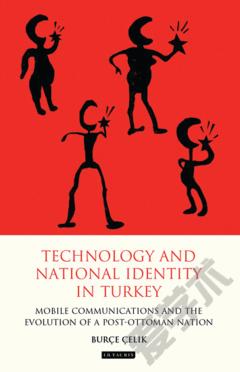

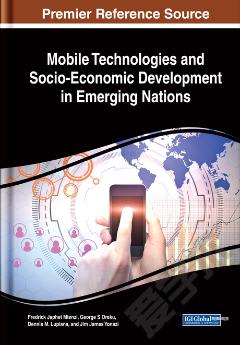
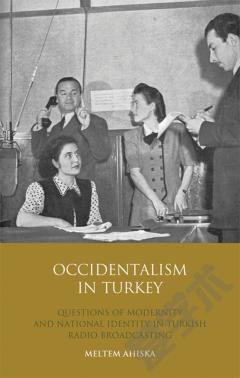

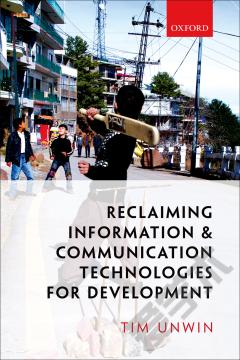
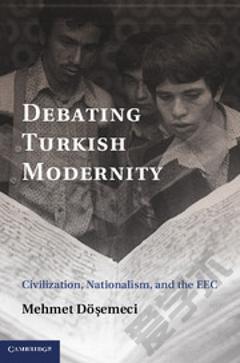

 京公网安备 11010802027623号
京公网安备 11010802027623号